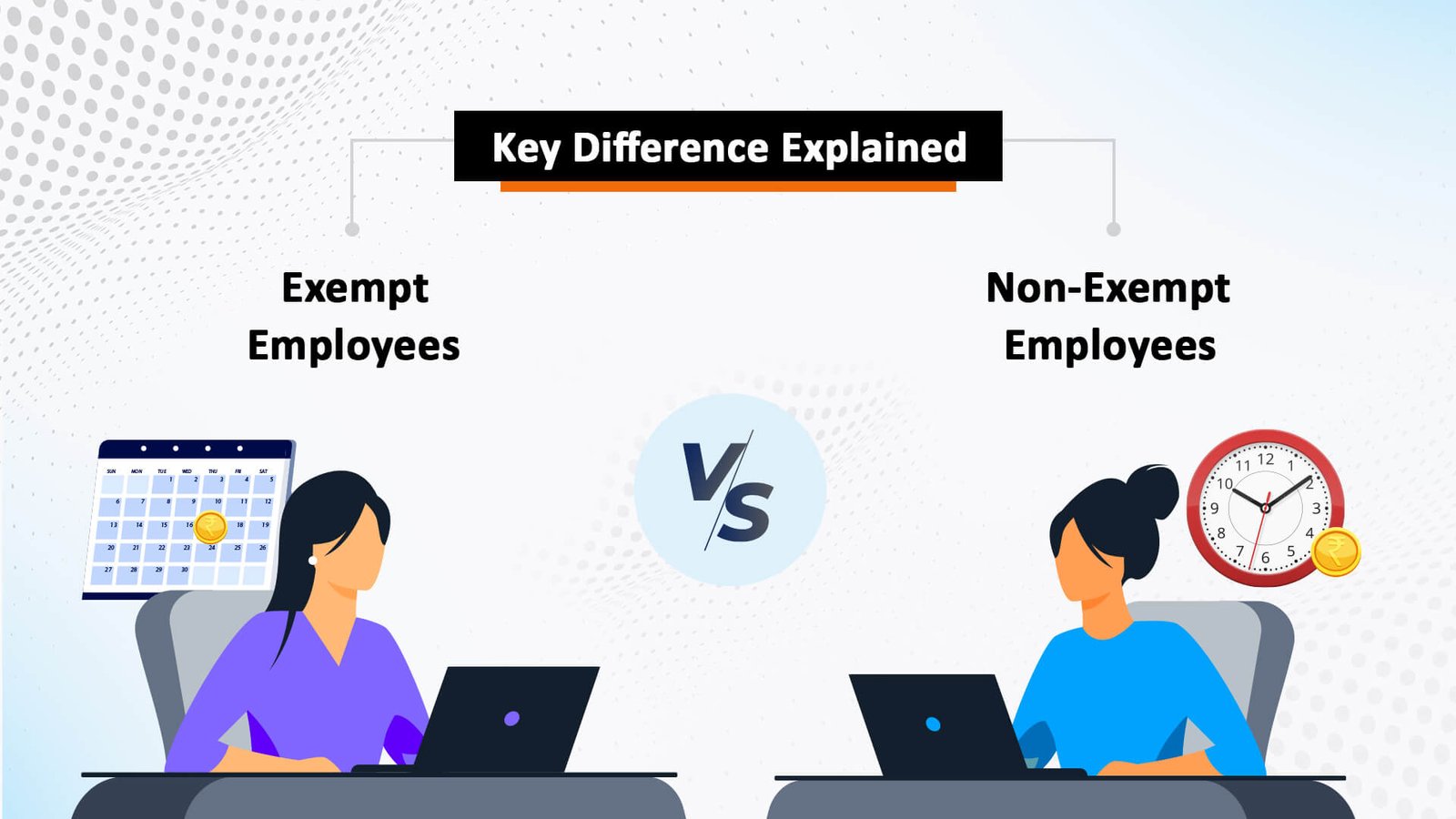California is the wealthiest U.S. state. Hollywood is a vast and crucial part of California, which resides in the heart of it. In August 2020, California announced Assembly Bill 2088, which has crumpled its wealthiest residents’ hands.
AB 2088 is at its core, so you can imagine the fear and concern it caused within the wealthiest state of America. Bill AB 2088 involves several different taxes, but nothing is more complicated and controversial than the California exit tax.
What is California’s Exit Tax?
The adjoining part of California’s wealth tax is the exit tax. Many rich residents think that California has breached the law with this exit tax, and there is no doubt about some high-flying court battles that will follow in the coming years.
You must be wondering why the exit tax got so much hype and got so rich and popular. It all breaks down to California taxing its most affluent residents up to ten years after they migrated to the state.
The exit tax foiled the plans of the mega-rich individuals, who decided to fly to another state before the exit tax came into effect.
What is California’s Wealth Tax?
California’s Exit Tax is part of the state’s larger tax on the wealthy, known as the “Wealthy Tax.” California’s bill that would tax its residents on the value of their wealth was accepted in Sacramento in August 2020.
Bill AB of 2088 imposes a 0.4% tax on all California residents worldwide whose net worth exceeds $30,000,000. If a taxpayer is married, they must file their taxes separately from their spouse; then, this figure will be divided in half, to $15,000.
As you can see, ordinary people are concerned that the wealth tax is useless. The wealth tax is calculated annually, meaning a resident must earn over $30,000,000 in one year to qualify.
Bill AB 2088 describes worldwide net worth, which references specific federal provisions. It does not include different types of assets, including property. The bill allows the Franchise Tax Board to carry out provisions and endorse regulations that detail the value of non-publicly traded resources.
Why has the exit tax been introduced in California?
California has introduced the exit tax on wealthy people because the tax base has diminished dramatically. From 2010 onwards, the state’s tax base has been approximately reduced to $24.6 billion, which by Californian standards is compelling.
Nonetheless, many residents believe that they have missed the mark. Instead of addressing the pain point of the massacre, they decided to rule with an iron fist and make it more demanding for the residents. However, the exit tax only affects the wealthiest residents, but it does not look good or set a good impression of what is about to happen.
How much is California’s exit tax?
The price of the California exit tax is 0.4% of an individual’s net pay worth over $30,000,000 in a particular tax year—but it doesn’t matter where it is located, whether it is in California or other states within the U.S. or overseas countries. This amount is then split in half to $15,000,000 if a married couple is a taxpayer who files a separate return from their companion.
The one warning is that there is no Californian exit tax on real estate, but if real estate is within the state borderlines, it will still be taxed under the Californian Revenue Tax Code § 17591.
Who has to pay California taxes?
The exit tax applies to businesses and individuals who leave California. This includes firms that move their operations out of the state and individuals who relocate to another state. Note: The exit tax only applies if an individual is moving to another state that is not within California’s boundaries.
How Does California Regulate Residency?
An agency is tasked with determining who is tagged as a Californian resident and who is not in the Franchise Tax Board. To complete this rule, the Franchise Tax Board would cleanse over 19 doomed factors. This is what they call the “closest connection test.”
Below are a few factors, but they are not limited to:
- Location of the resident’s largest residential property
- Where are the resident’s companion and children residing
- Where are the residents’ children going to school?
- Where the resident claims their homeowner’s property tax dispensation
- Resident’s credit card account statements
- The number of days that a resident spends on an annual basis in California
- Residency, which is listed on a resident’s tax returns
- Where a resident votes
- Where is the resident’s vehicle registered
- Where the resident visits the doctor or a dentist
The Franchise Tax Board assigns generic values to the above-mentioned determining factors. These values are then added up to determine the residency status of an individual resident.
What if a resident has already left California?
Suppose an individual has already left California but continues to have financial ties with the state under California Revenue and Tax Code 17591. In that case, they are still required to pay the state tax. This income tax they pay is only responsive to the income earned within California, but it is still a pain in the back of wealthy individuals.
For example, when a resident moves to another state but runs a business or buys and sells property within the state, these types of investments would be taxed.
California uses the “source income” principle to calculate who is compelled to pay state income tax, including Bill AB 2088.
Conclusion:
As is clear from this article, California is not afraid to be involved in a controversy. The state needs to regain the taxes it has lost over the last 10 years, which has resulted in the wealth and exit tax. Whether you agree or disagree, there is no space for denying that this controversial method will see them at war with their wealthiest residents for years to come. If you want to generate your free paystub, check this link out!!!
FAQ's
What is California's exit tax?
+
It's a tax imposed on certain residents leaving the state, targeting unrealized capital gains over a certain threshold.
Who is subject to the exit tax?
+
California residents meeting specific criteria, including high-income individuals and those with substantial property, may be subject to this tax.
How is the exit tax calculated?
+
The tax is levied on unrealized capital gains exceeding $1 million. Calculations can be complex, involving various factors and exemptions.
Are there exemptions or deductions?
+
Yes, certain exemptions and deductions may apply based on factors like primary residence, property type, and other circumstances.





